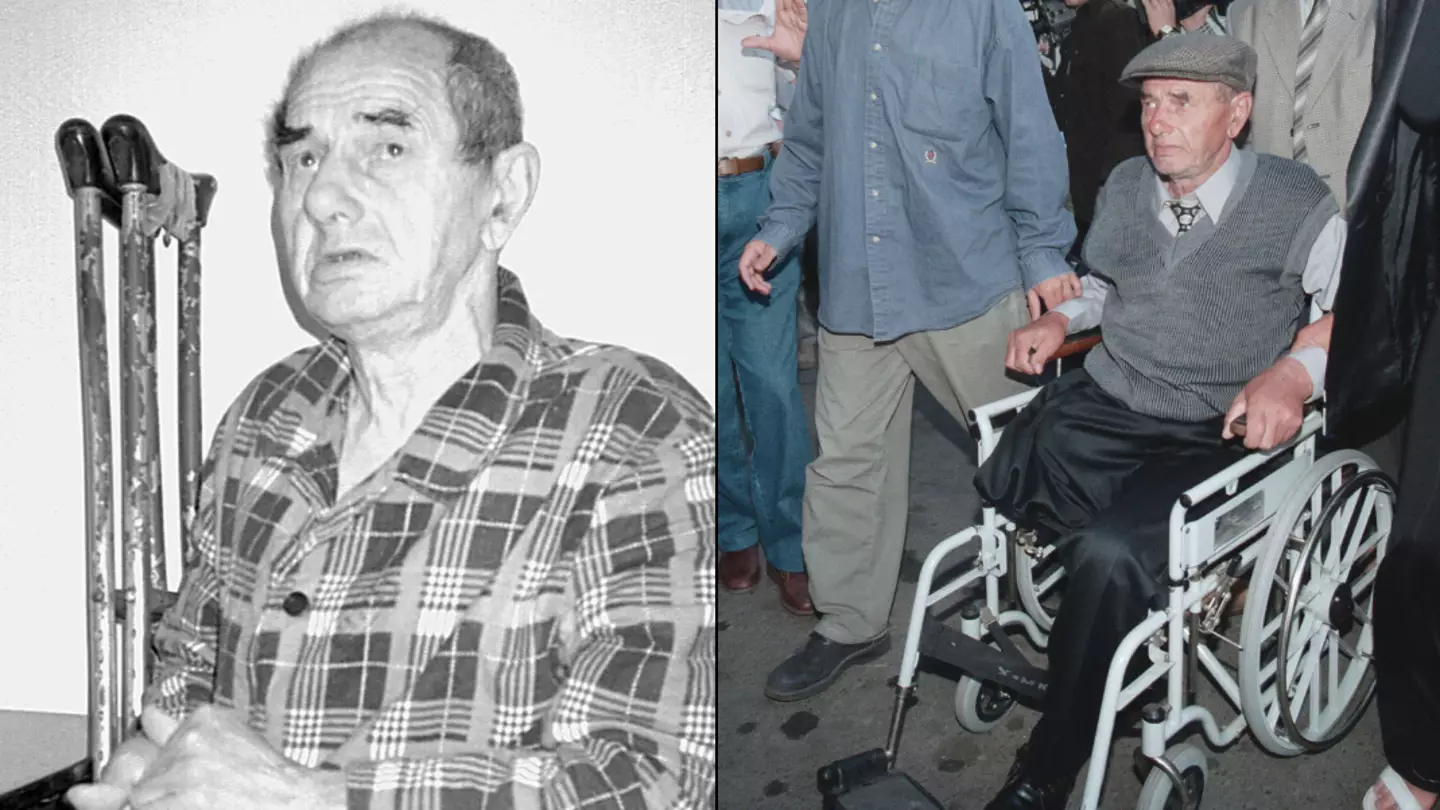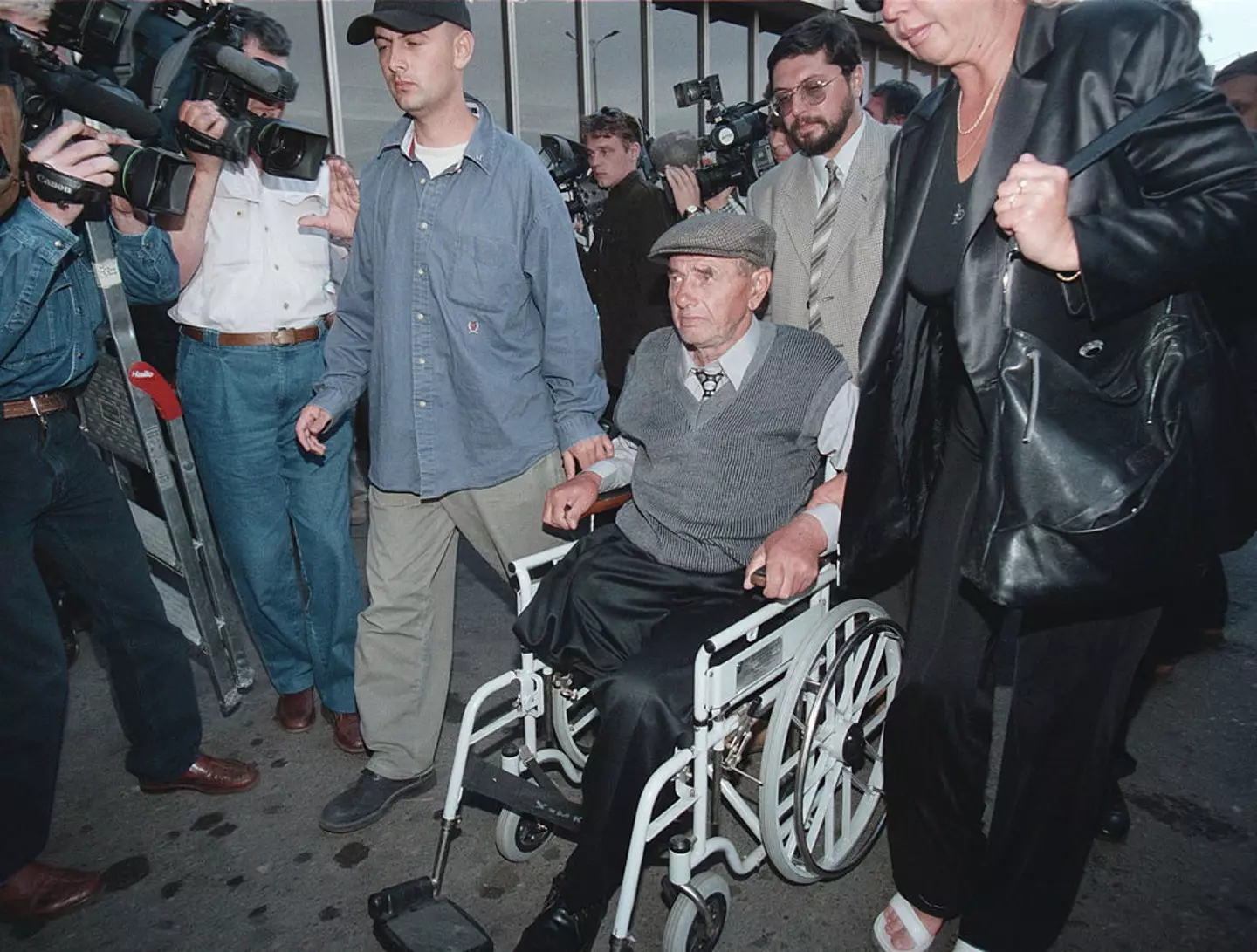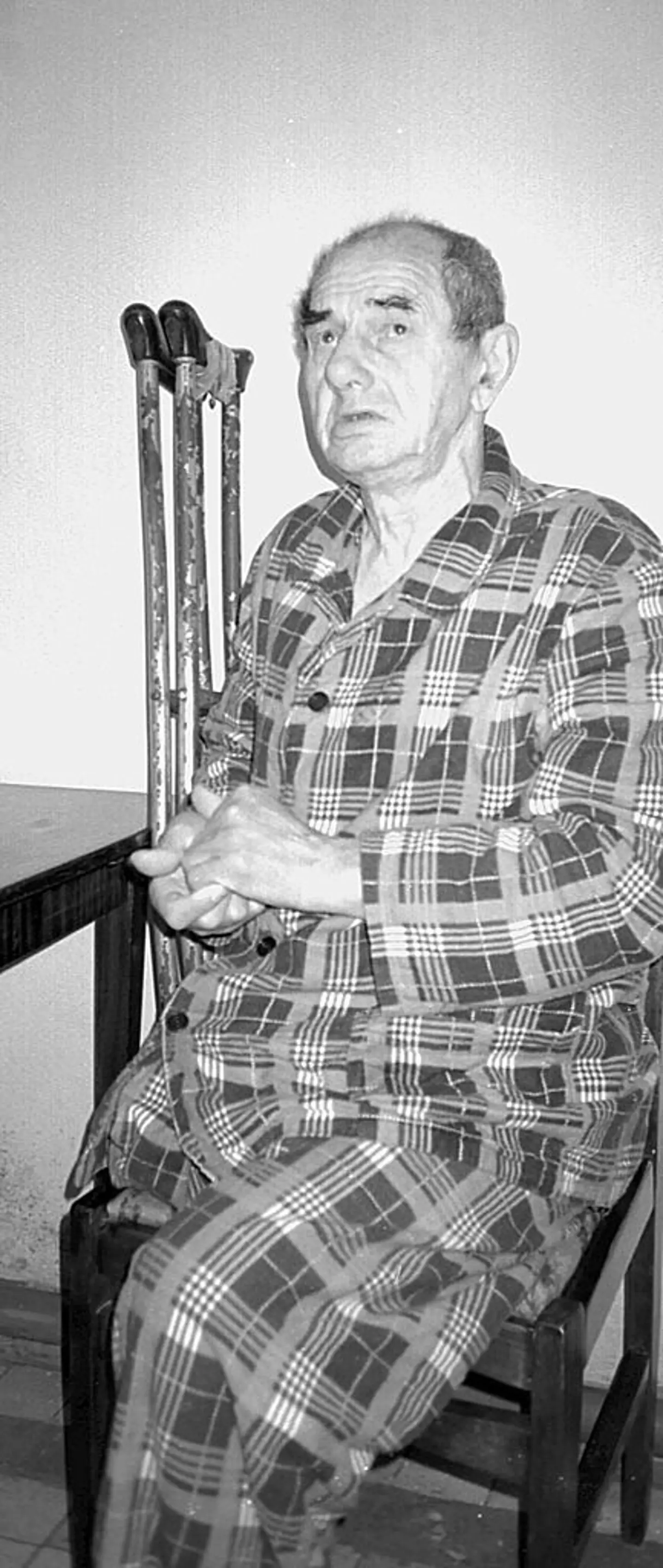
This is the incredible reason why a World War || prisoner wasn't released until the year 2000.
Hungarian soldier Andras Toma set the record for the longest time someone has been a prisoner of war, after he was captured by the Soviet army in 1944.
It is believed that Andras was captured near the Polish city of Krakow.
While it's not known exactly when he was taken, it's believed to be somewhere between December 1944 and January 1945.
Advert
He was transported to a prisoner of war camp alongside dozens of others who were cramped into tiny unheated carriages.
Fellow prisoners died from the cold, illness or untreated injuries, and Andras later recalled having to sleep on dead bodies during the journey.
When he finally arrived at the Leningrad camp, his name was recorded incorrectly as Andras Tamas.
It might not seem like a huge error, but it meant that Andras became lost in history for decades.

Advert
By 1947, two years after arriving at the camp, Andras was moved to a psychiatric hospital after suffering from a mental health breakdown.
He stayed in the hospital for 53 years, where he was widely regarded by staff to be mute. His right leg was also amputated after he suffered from an unknown medical condition.
As he was surrounded by people who did not speak Hungarian, any attempts to communicate were dismissed.
Andras was eventually discovered in 1997 by a Hungarian speaking citizen. He was flown home in August 2000, where he was united with his brother and sister.
"He looks exactly like our late father," his sister, Anna Gabulyla, said.
Advert
Along with many families who believed Andras to be their relative, she came forward and DNA tests proved the pair were related.

Andras stayed with his sister until his death.
“The first evening we bathed him and put him to bed,” Anna told the Associated Press. “Then my husband and I looked at each other, each thinking, ‘How are we going to survive this?’
“When I wanted to stroke his arm, he’d say, ‘Don’t touch me!’ He’d eat breakfast silently and then say, ‘Let’s go.’ I said: ‘Go? There is nowhere to go. This is your home.’
Advert
A few weeks later, the family had a breakthrough when Andras offered to fix some of the couple's broken tools.
"He broke his near silence. He said, 'Give me your bad tools and I will fix them'," Anna recalled. "We’ve had no problems since. He’ll work as long as three days on an individual tool, getting it just right."
Sadly, Andras died just a few years later in 2004.
Topics: History, World News, World War 2
